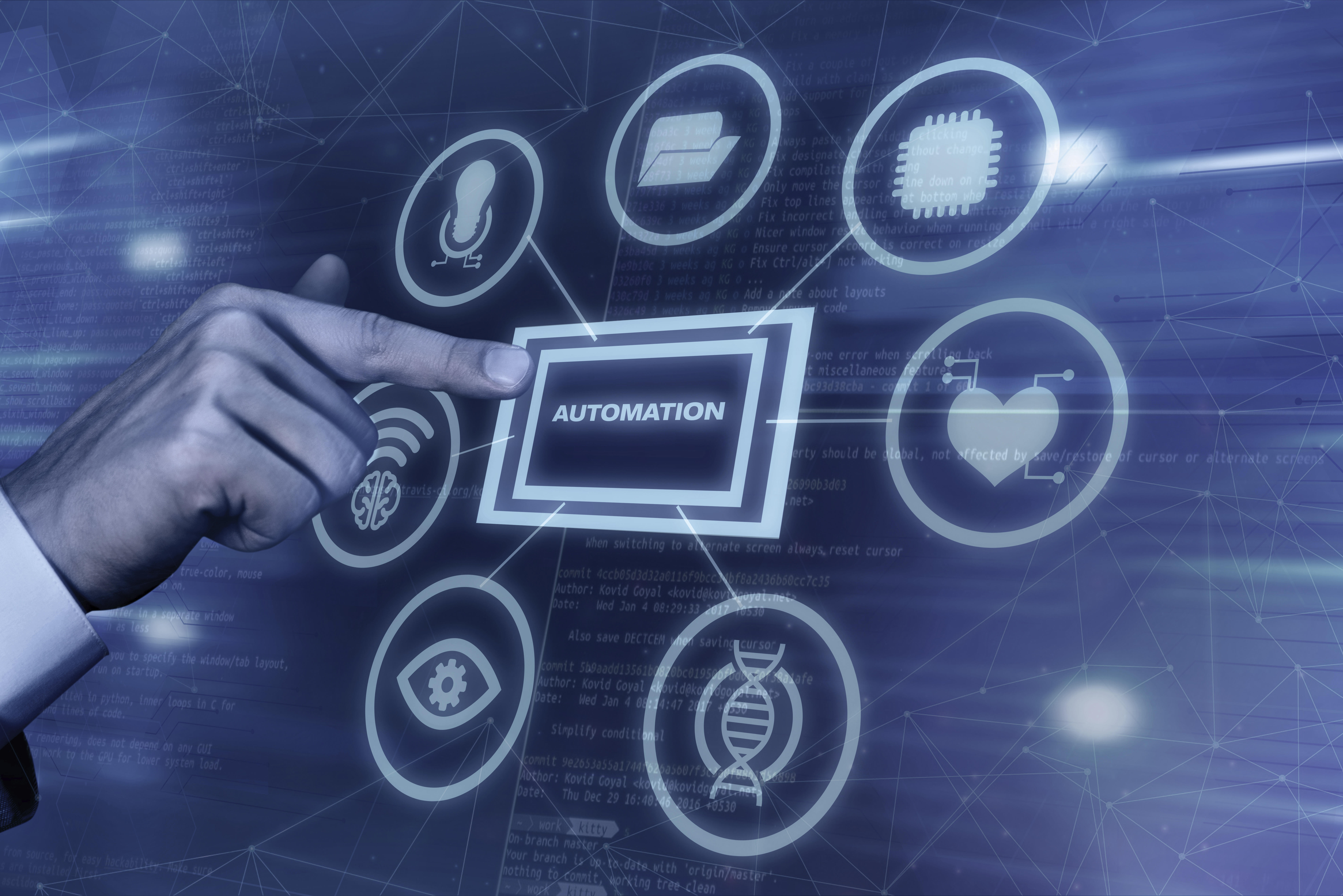Introduction to Cybersecurity
Cybersecurity is the practice of protecting computer systems, networks, and data from cyber threats such as hacking, data breaches, malware, and phishing attacks. In an increasingly digital world, cybersecurity has become critical to safeguard personal information, business operations, and national security.
Cybersecurity encompasses a wide range of practices and tools designed to prevent, detect, and respond to threats. It involves ensuring the confidentiality, integrity, and availability of data (often referred to as the CIA triad) and maintaining secure environments for digital communication and transaction.
Key Areas of Cybersecurity:
- Network Security: Protecting networks from unauthorized access, data breaches, and attacks.
- Information Security: Ensuring sensitive data is kept confidential and is accessible only to authorized users.
- Application Security: Safeguarding software and applications from vulnerabilities and attacks.
- Endpoint Security: Securing devices like computers, smartphones, and IoT devices from cyber threats.
- Incident Response & Recovery: Developing strategies to quickly respond to and recover from cyber incidents.
- Risk Management: Identifying, assessing, and mitigating potential security risks.
Cybersecurity professionals use a combination of tools, strategies, and continuous monitoring to ensure that systems remain secure and resilient against ever-evolving cyber threats.






